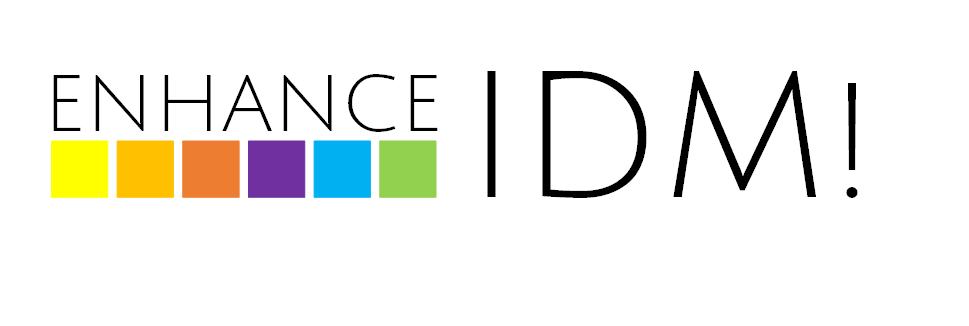Our final event took place on 14 May from 10:00 to 15:30 CET in a virtual setting. It proved to be a lively interactive exchange and we thank all the participants from over 14 countries for their valuable input, contributions and ideas. We hope to stay in touch and deepen our exchange within this community of practice.
Below you can find the presentations and further information on the project’s aims and outputs.
TARGET Group
Programme leaders or course directors are the main target group of the EnhanceIDM project. Programme leaders play a central role in higher education institutions: They are very often interface and contact point between and for students, academic and administrative staff. They are accountable for the academic health of their programmes and usually they are responsible for the development of curricula. More information on the tasks and role of Programme Leaders is provided in the paper: Functional diversity of programme leaders in four European countries.





